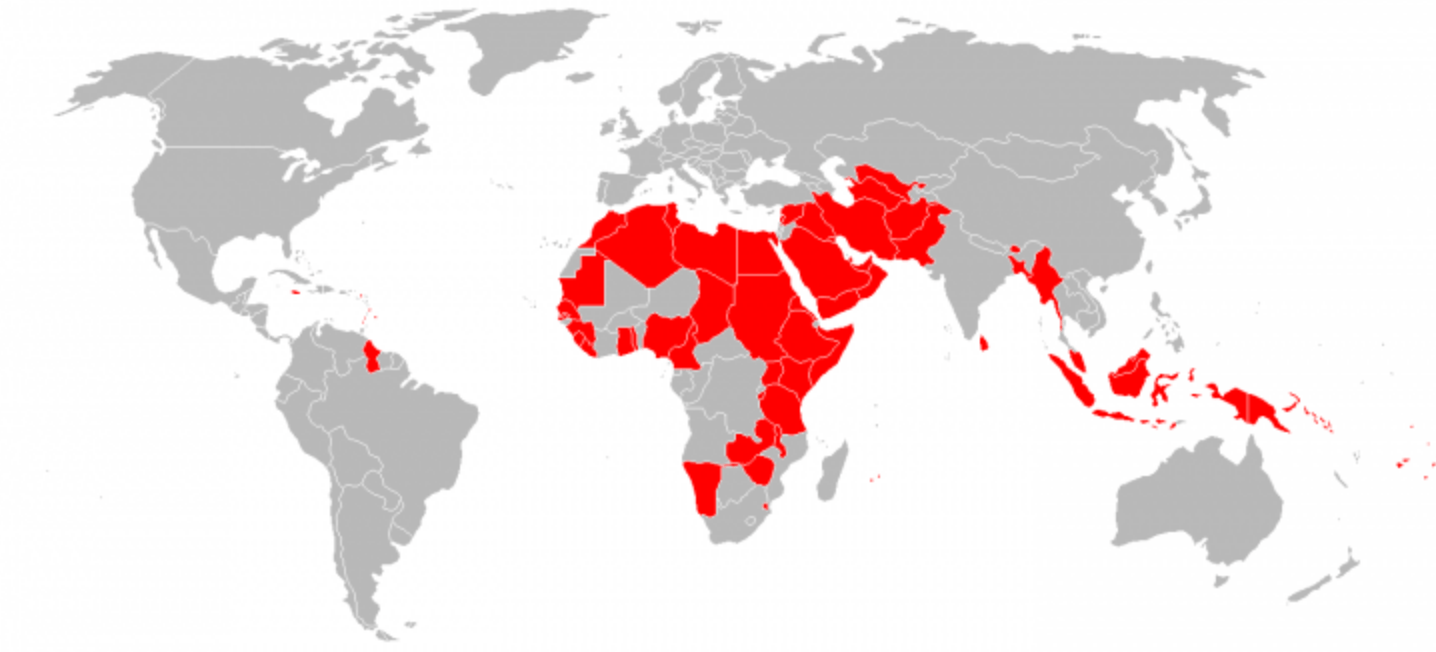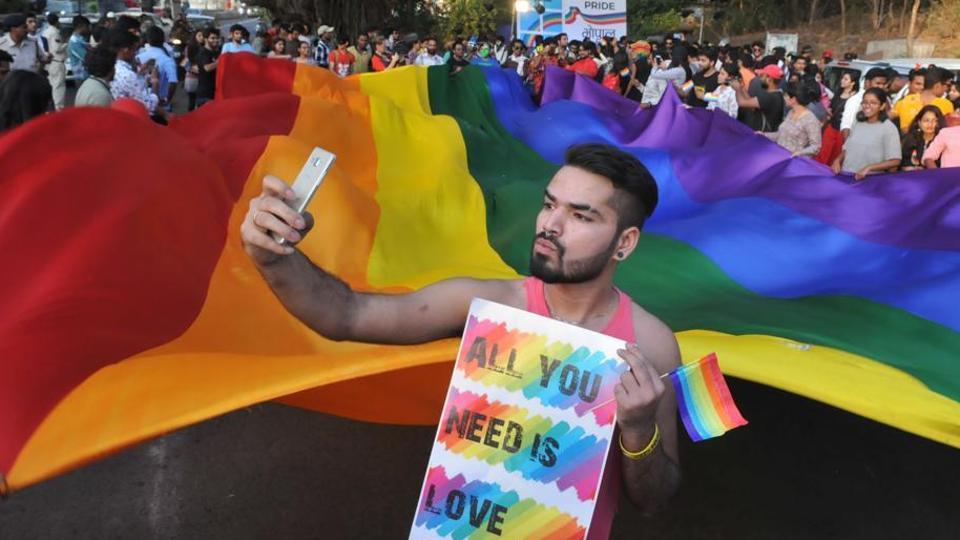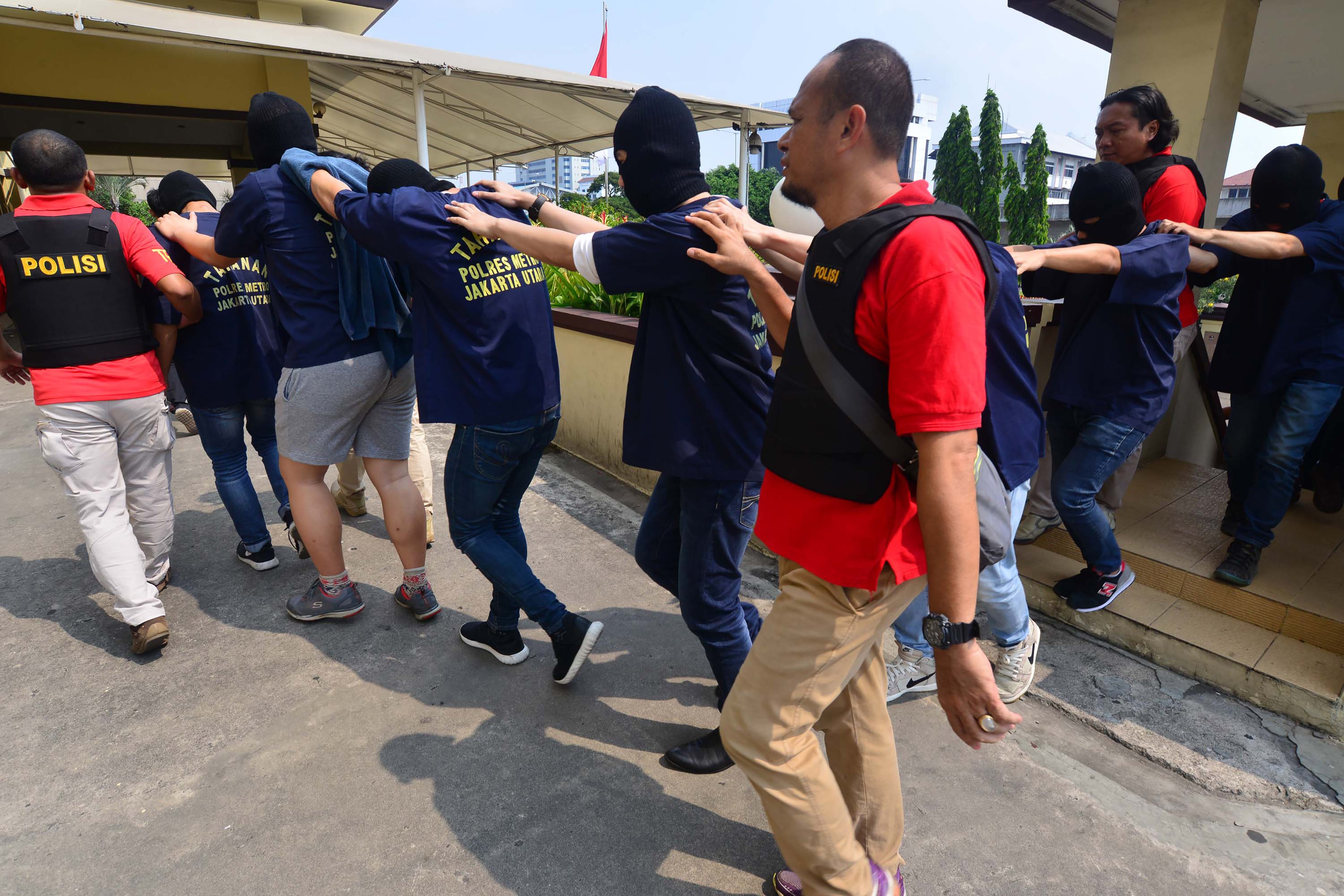Tally of nations with anti-gay laws drops to 72
Colin Stewart is a 45-year journalism veteran living in Southern…
Slowly, though not steadily, nations are overturning their ancient anti-gay laws. The latest to do so was Botswana in a High Court decision this week, which dropped the number of nations with anti-gay laws to 72.

Gay sex is much less widely criminalized than in the past. Back in 2006, 92 countries had anti-gay laws. (See the list of the 72 holdouts here.)
Progress toward equal justice for LGBTI people hasn’t been smooth.
Chad adopted a new anti-gay law in 2017. Kenya’s High Court refused to overturn that nation’s anti-gay laws last month.
But otherwise most recent changes have been positive:
- In Trinidad, where the High Court overturned the country’s anti-sodomy law in 2018;
- In India, where the Supreme Court overturned the nation’s 158-year-old prohibition of sex “against the order of nature,” also in 2018;
- In Angola, which adopted a new Penal Code without an anti-gay provision in January 2019; and now
- In Botswana.
Another recent step away from repression was the defeat of the terrorist regime known as the Islamic State, ISIS and ISIL, which operated in Syria and Iraq as a harshly anti-LGBT government. This blog had listed it as a de facto country, but now it has been removed from the blog’s list. Gay men are no longer being thrown off rooftops by ISIS extremists.

Other countries that recently made progress have included:
- Belize , where the Supreme Count in August 2016 overturned that nation’s anti-sodomy law as applied to consensual sex.
- Seychelles and Nauru, which both repealed their anti-gay laws in May 2016.
- Mozambique, on the southeastern coast of Africa, with a population of 24 million. It adopted a new Penal Code in the second half of 2014 and was dropped from this list in early 2015.
- The tiny nations of Palau in the western Pacific Ocean and São Tomé and Príncipe, in the Atlantic Ocean off the shores of central Africa. Both decriminalized homosexuality and were dropped from the blog’s list in 2014.
- Northern Cyprus, which repealed its anti-homosexuality law in January 2014, eliminating the final European location with such a law. (Northern Cyprus is recognized as a country only by Turkey.)
Changing nations’ laws is just one aspect of the fight against homophobia, of course. Many societies remain violently anti-LGBT without specific laws against same-sex intimacy.
This blog’s list of nations with anti-gay laws is essentially the same as a list compiled by ILGA. This blog includes three nations that ILGA excludes. Two of them are not members of the United Nations:
- Palestine/Gaza; and
- The Cook Islands, a self-governing country whose residents all have citizenship in New Zealand.
The third is:
-

Indonesian police escort several of the 141 people arrested during an anti-LGBT raid in May 2017. (Photo courtesy of Inquirer News) Indonesia, where a large province and some cities outlaw homosexual acts. ILGA mentions it in its category of “subnational entities” with anti-gay laws.
The blog has resisted including Russia on its list simply because Russia does not have a law against homosexual activity. That doesn’t mean that Russia isn’t homophobic, of course.
The Russian government has refused to intervene in the anti-gay crackdown in its semi-autonomous Republic of Chechnya.

Although both Russia and Chechnya deny it, in 2017 Chechen police illegally arrested at least 100 men on the basis of their suspected sexual orientation. They were detained in illegal prisons, tortured, humiliated and beaten. At least three were killed. Similar anti-gay human rights abuses continued in Chechnya in 2019.
This blog’s current total of 72 countries would be 74 if the list included Russia and Lithuania, two countries that do not have laws against homosexual acts but do have repressive laws against “propaganda of homosexuality.” Libya and Nigeria have similar anti-propaganda laws, but they also prohibit same-sex relations, so they are already on the list.
See also:
- This blog’s article on nations that impose the death penalty for homosexual acts.
- This blog’s list of Commonwealth nations with anti-gay laws. Botswana’s court ruling has dropped that number to 34 out of 53 nations






Id add South Korea to the list as they have compulsory conscription along with jailing for being Gay. Also unrecognized Donetsk, Lughansk, and South Ossetia
Id argue that perhaps a new list of countries be also tracked based upon state sponsored/tolerated extreme denials of basic human rights or de facto impunity for perpetrators of anti gay violence. Those countries would include: all nations on the de jure illegal list plus Armenia, Russia, Georgia, Azerbaijan, Turkey, and Kyrgyzstan.
For me, the elements to be included on the de jure illegal list would include either police roundups or denials of basic rights to protest, operate a gay bar, or advocate visibilty where violence takes place, is not appropriately corrected by the state, and where that tolerated violence actually was allowed to successfully stop human rights for LGBT persons.
Finally I suggest that you consider always using the term Russia to describe Chechnya. Chechnya is Russia. And Russia has denied any and all persecutions in the Southern Russian province of Chechnya.
Thanks for those ideas. Some of them are beyond our ability to track at such a small operation as ours. But I’ll give each idea some thought.
— Colin Stewart, editor/publisher of Erasing 76 Crimes
Can you comment on the countries that currently are considering decriminalization? Either by changing their penal codes by the congress or by litigation.
The comment by Christopher Busby contains a good list of possibles.
It seems there are several countries actively considering repeal and might reach that point within a few years.
Barbados and Jamaica both have ongoing court cases in the Caribbean and might be overturned in the next few years depending on speed of resolution. Trinidad and Tobago’s local victory has been appealed to the privy council and seems likely to be upheld.
The Kenyan court decision was disappointing but I’ve heard rumor activists intend on appealing.
Bhutan looks likely to legislatively repeal and Sri Lanka has an unclear situation on whether their laws have been rendered unconstitutional and unenforceable or not.
Furthermore the Cook Islands have been slated for legislative repeal. Singapore is also facing ongoing litigation which might reverse its prior ruling affirming discrimination.
Anyone known if I’m missing any potential movement? Seems like there are several possible developments which could bring down the number of anti-lgbt laws significantly.
Other possibilities might be:
— Colin Stewart, editor/publisher of this blog
. Th
Thank you Christopher and Colin for your informaron. I was also wondering about Namibia. I was surprised to learn that gay sex is criminalized but that there is a case in the courts brought by a two men couple married in South Africa. It’s interesting that they want their marriage to be recognized in a country where they could be sent to jail.
ILGA’s latest State-Sponsored Homophobia report includes this info about the legal situation in Namibia: “In Namibia, there is no codified sodomy provision,
but it remains a crime in the country under the Roman-Dutch common law in force. A report issued by the Ombudsman of Namibia in 2013 specifies that sodomy is defined as “unlawful and intentional sexual relations per annum between two human males.”1 The definition excludes sexual relations per anum between heterosexual couples, and sexual relations between lesbian women. This definition also does not take into account whether the sexual intercourse takes place in public or in private or whether it is consensual or nonconsensual.” For more info, including the case of the same-sex couple, see the full report here: https://ilga.org/state-sponsored-homophobia-report-2019